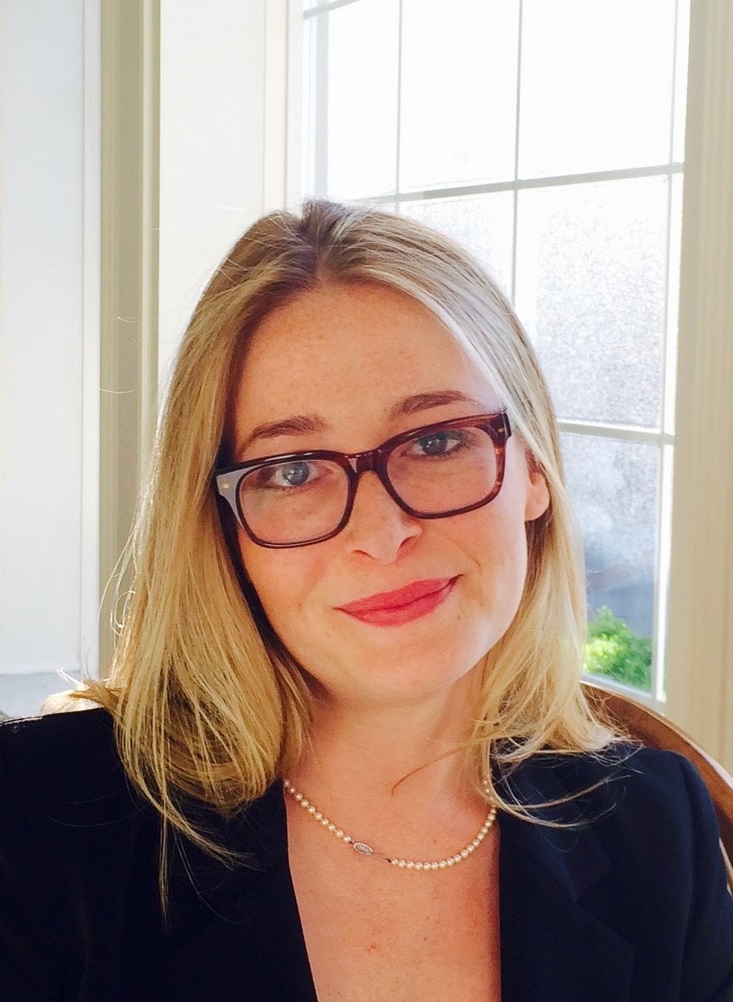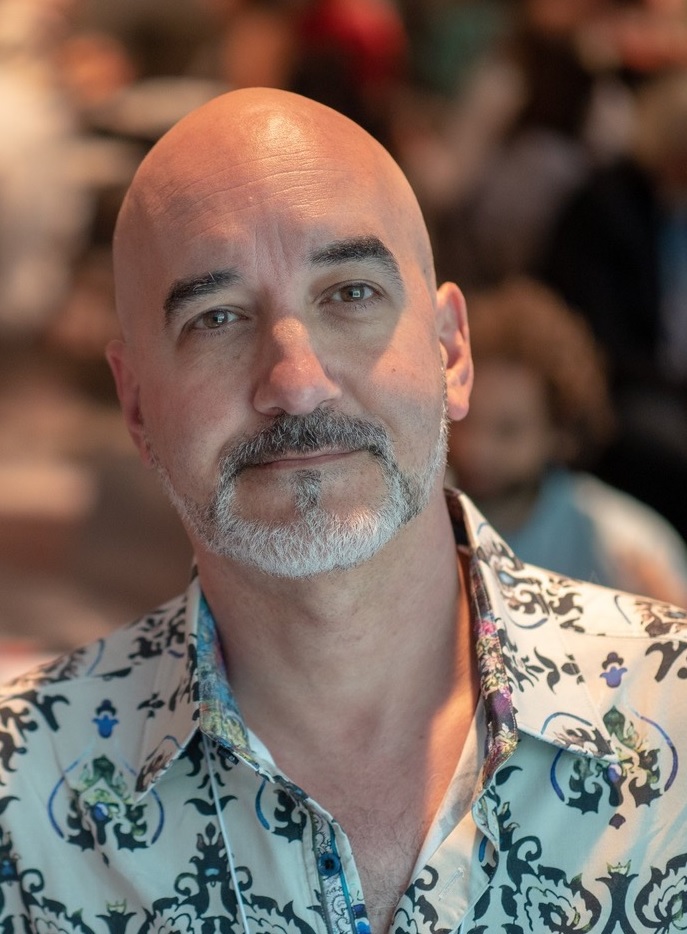Mindfulness and Compassion Focused Therapy for Everyone
Mindfulness and Compassion Focused Therapy for EveryoneMindfulness and Compassion Focused Therapy for Everyone


Dennis Tirch, Ph.D.
Wednesday, July 15, 2020 - 9:00 a.m. - 5:15 p.m.
We know that developing mindfulness, acceptance and compassion can lead to growth in well-being and psychological flexibility. But, how can we focus our efforts, and robustly train these capacities for our clients and ourselves? How do we awaken the compassionate mind, to move ever more fully into lives of meaning, purpose and vitality?
Compassion Focused Therapy (CFT) training can be a path to personal growth and performance enhancement for therapists practicing just about any approach. Over the last 10 years, thousands of ACT practitioners, in particular, have added CFT tools to their repertoire, changing the game and exploring new ways of working with their personal and professional selves. During the past 15 years, CFT has been found to be beneficial for people experiencing a wide range of difficulties, and recent advances in research and practice have suggested that compassion may be one of the most important processes in psychotherapy effectiveness.
This deeply experiential workshop will explore the foundational series of mindfulness and compassion imagery practices that make up the heart of CFT. Participants will learn these practices through direct, personal experience, learning CFT from the inside out. In addition to meditative exercises, we will demonstrate and practice ways to build up self-compassion through the psychotherapy relationship, using classic compassion training methods in the natural flow of a therapy session. We will review and explore the relationship between compassionate mind training and psychological flexibility, grounding our work in evolutionary science, attachment theory, and contextual behavioral theory. An array of learning tools will be used, including guided mindful compassion practice, role-play exercises, self-reflection, mindful movement, narrative, video and case examples.
Wherever you may be in your professional journey, from beginner to seasoned expert, you may find that these methods can complement and strengthen your therapeutic approach. No previous CFT experience is necessary, and the trainers are aiming to help ACT and FAP therapists, in particular, as they integrate a compassion focus into the work they do. This workshop presents a novel approach to understanding the therapy – aimed at helping participants to advance their compassion work. This is an opportunity to integrate the dimensions of compassion work into your practice, while renewing your understanding of the fundamental dynamics of mindfulness and compassion. Together, we will build a road map towards increased compassion-based living, mindful courage, and psychological flexibility.
About Dennis Tirch, Ph.D.:
Dennis Tirch, Ph.D., is President of The Association for Contextual Behavioral Science (ACBS) and the Founder of the Center for Compassion Focused Therapy in New York. Dr. Tirch is the author/co-author of numerous books, chapters, and peer-reviewed articles on ACT, CFT, CBT, and Buddhist psychology. Dr. Tirch also serves as an Associate Clinical Professor at the Icahn School of Medicine at Mt. Sinai Medical Center, and as President of The Compassionate Mind Foundation, North America. Dr. Tirch provides workshops and courses globally in mindfulness, compassion and acceptance, both in person and online. Dr. Tirch is a Fellow of ACBS, and is a Fellow and Consultant/Supervisor with the Academy of Cognitive Behavioral Therapy. Dr. Tirch is a Dharma Holder, Board Member, and Co-Founder of the Flowing Heart Temple (Ryushin-ji) of The Zen Garland Order, in New York.
About Laura Silberstein-Tirch, Psy.D.:
Laura R. Silberstein-Tirch, Psy.D., is the Director of the Center for Compassion Focused Therapy. Dr. Silberstein-Tirch is a clinical psychologist, supervisor and compassion-focused therapy (CFT) trainer who presents internationally on mindfulness, compassion and acceptance. She is the author of How to Be Nice to Yourself: The Everyday Guide to Self-Compassion and co-author of Experiencing ACT from the Inside Out, Buddhist Psychology and CBT a Clinician’s Guide and The ACT Practitioner's Guide to the Science of Compassion. She is a founding member and Past-President of the New York City chapter of the Association for Contextual Behavioral Science and the Executive Director, The Compassionate Mind Foundation, North America. Her research interests include psychological flexibility and emotions as well as CFT for anxiety and depression.
Learning Objectives:
- Participants will be able to describe and work with an ACT-friendly CFT definition of compassion in practice.
- Participants will be able to teach others how evolutionary science explains the powerful links we see among attachment dynamics, compassion and psychological flexibility.
- Participants will be able to work with the three-circle model of emotion regulation found in CFT.
- Participants will have a working knowledge of the 7 core attributes of compassionate flexibility, and how they can be assessed, conceptualized and developed in psychotherapy.
- Participants will learn to deploy compassion in the therapeutic relationship to create a context of embodied compassion for themselves and their clients.
- Participants will learn to assist clients in working with "multiple self" experiences, bringing compassion to challenging emotional "selves."
- Participants will understand the relationship between courage, psychological flexibility and compassion, learning how training in either can help build up both qualities.
- Participants will be able to use compassion focused imagery with clients and themselves.
- Participants will be able to build on compassion focused imagery and multiple-self work, using compassion focused role-plays in group or individual psychotherapy.
- Participants will be able to help their clients take a compassion-focused approach to becoming the author of valued directions in life.
Target Audience: Beginner, Intermediate, Advanced, Clinical
Components: Conceptual analysis, Experiential exercises, Didactic presentation, Case presentation, Role play
Package Includes: A general certificate of attendance, lunch, and twice daily coffee/tea break on site.
